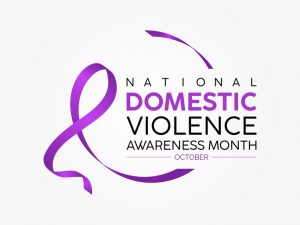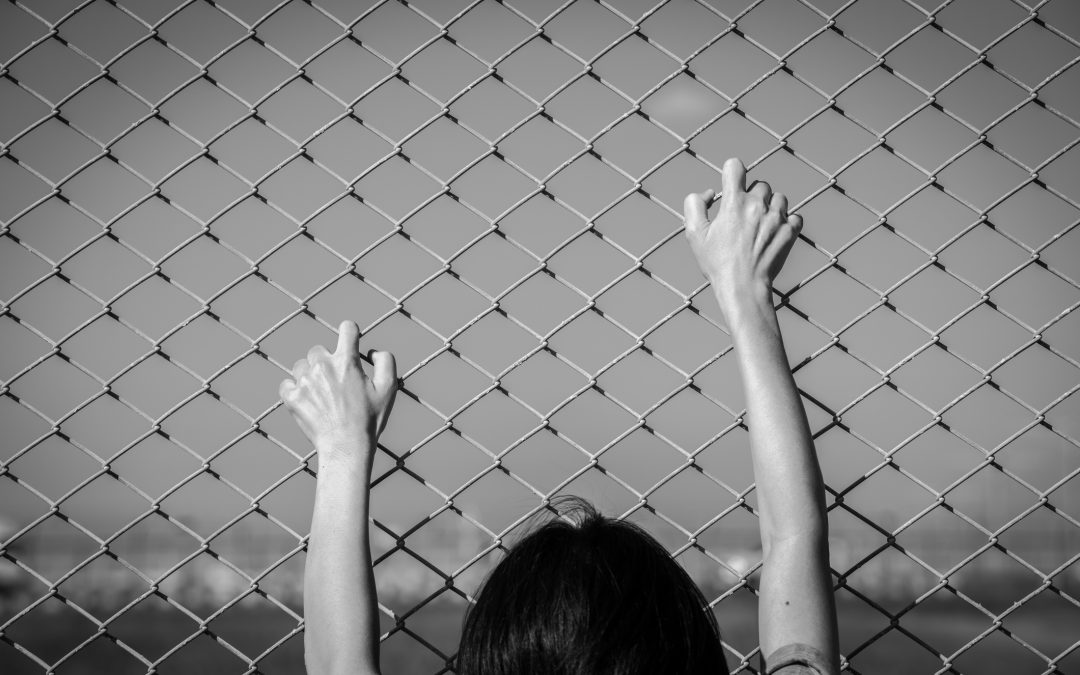By Eugene Z. Bertrand

Eugene Z. Bertrand
Every October, we observe Domestic Violence Awareness Month. Yet, among these stories, one group has historically remained hidden: the millions of men who also endure domestic violence. Male survivors often face struggles that are shaped by stigma, invisibility, and systemic barriers that are prevalent in our society, but are not talked about as often as they should be.
It is important to recognize that the topic of violence isn’t gender exclusive.
According to the Centers for Disease Control and Prevention (CDC), about “26 percent of men in the U.S. experience contact sexual violence, physical violence, or stalking by an intimate partner during their lifetime.” For men, in our society, cultural norms demand strength, emotional stoicism, and self-reliance. Phrases like “man up” or “real men don’t complain” reinforce the false notion that seeking support signals weakness, pushing many men to suffer in silence. Many times, in our society, male survivors fear they either won’t be believed or that disclosure will strip them of their masculinity.
 One study from the Domestic Violence Services Network, discussed how male victims face secondary victimization, experiencing disbelief, ridicule, or dismissal not only from society, but from law enforcement and service providers. Repeatedly, men have reported being misjudged, with their stories minimized or treated as jokes. This distrust in systems often stops male survivors from reaching out—even when help is desperately needed.
One study from the Domestic Violence Services Network, discussed how male victims face secondary victimization, experiencing disbelief, ridicule, or dismissal not only from society, but from law enforcement and service providers. Repeatedly, men have reported being misjudged, with their stories minimized or treated as jokes. This distrust in systems often stops male survivors from reaching out—even when help is desperately needed.
Additionally, resources tailored for men are incredibly limited in the United States. While many shelters and advocacy programs center on supporting women, fewer openly support men, though some shelters do provide assistance regardless of gender. Access to specialized counselors, emergency housing, legal advocacy, and peer networks for men remains inadequate, despite the demand.
“One in four men will experience intimate partner violence in their lifetime. One in six will be sexually abused as children. These are not statistics—these are our fathers, our brothers, our sons, our friends. And yet, we’ve built a culture where their suffering is hidden, their stories are untold, and their pain is minimized.”
I believe that we must stand in solidarity to combat this change. I believe that raising awareness and having a collective understanding that domestic violence affects all genders is incredibly important in this work. We must also re-commit ourselves to ensure that law enforcement, courts, health professionals, and social services are educated regarding male victimization and trauma-informed care.
It is incredibly important that we stand together to recognize that until the stigma is shattered, and the chains are broken, men will remain silent. Working together as a community to combat this stigma is the only way men can come forward without fear of disbelief from their stories or any ridicule. Beyond awareness, it is important that we work together to promote resources that are gender-inclusive and work together to amplify the voices of males who have endured abuse.
In closing, domestic violence awareness means we must take part in hearing from all survivors. We can be the generation that “flips the script” and creates a society where men’s pain is not minimized, and their courage is recognized. Only then will we be able to live in a society where it is the “land of the free.”
Eugene Z. Bertrand, MSW Candidate, Columbia University is the author of Resilience: Breaking the Chains; (Halo Publishing, September, 2025).




